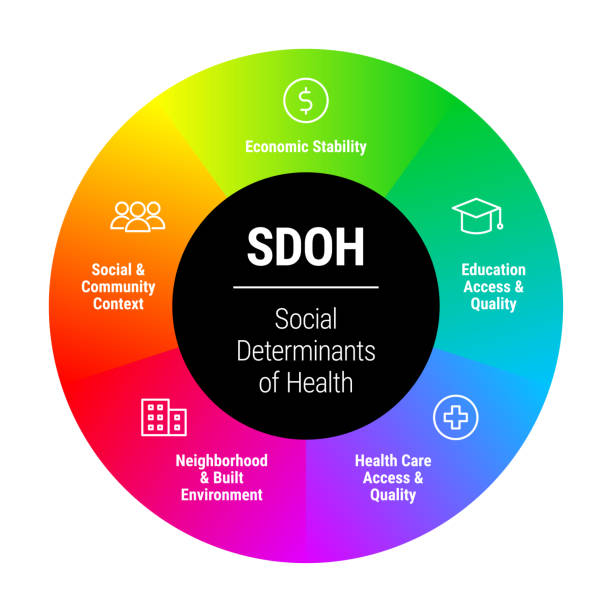Addressing Social Determinants of Health: A Strategic Imperative for Healthcare Executives in 2024

Addressing Social Determinants of Health: A Strategic Imperative for Healthcare Executives in 2024
Introduction
As 2024 unfolds, addressing social determinants of health (SDOH) has become a critical focus for healthcare executives. Understanding and intervening in the social, economic, and environmental factors that influence health outcomes are essential for reducing health disparities and improving community health.
Importance of Addressing SDOH
Social determinants of health include factors like housing stability, education level, socioeconomic status, and access to nutritious food, all of which can have profound effects on health outcomes. By focusing on these areas, healthcare organizations can enhance patient care, reduce unnecessary healthcare costs, and improve overall health equity.
Challenges in Addressing SDOH
- Data Collection and Integration: Gathering accurate data on SDOH can be challenging, and integrating this information into healthcare systems requires sophisticated data management strategies.
- Collaboration Across Sectors: Effective SDOH initiatives often require collaboration with non-healthcare entities, such as educational institutions, local governments, and community organizations.
- Funding and Resource Allocation: Allocating resources effectively to address SDOH, especially in underserved areas, remains a significant challenge.
Effective Strategies for Addressing SDOH
Healthcare executives can leverage several strategies to tackle SDOH effectively:
- Community Health Needs Assessments (CHNA): Conduct comprehensive CHNAs to identify key SDOH impacting communities. These assessments can inform targeted interventions.
- Partnerships with Community Organizations: Develop partnerships with local organizations that are already engaged in addressing SDOH. These collaborations can extend the reach of healthcare services and provide more comprehensive support to patients.
- Integrating SDOH into Clinical Care: Train healthcare providers to recognize and address SDOH in clinical settings. This includes screening for social needs and referring patients to appropriate services.
- Investing in Community-Based Programs: Invest in programs that directly address SDOH, such as affordable housing initiatives, food security programs, and educational opportunities.
- Leveraging Technology and Data Analytics: Use technology and data analytics to track SDOH interventions’ effectiveness and to tailor services to the specific needs of the community.
- Policy Advocacy: Advocate for policies that improve health determinants, such as better housing, environmental improvements, and access to quality education.
Conclusion
In 2024, healthcare executives have a unique opportunity to lead the charge in addressing social determinants of health. By implementing strategies that integrate SDOH into healthcare delivery and partnering with community organizations, healthcare leaders can make a significant impact on improving health outcomes and reducing disparities. This approach not only benefits patients but also contributes to a more sustainable healthcare system by addressing root causes of poor health rather than just symptoms.



